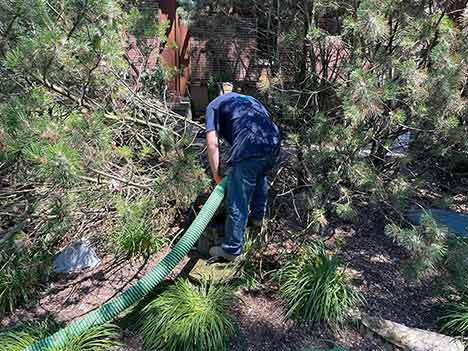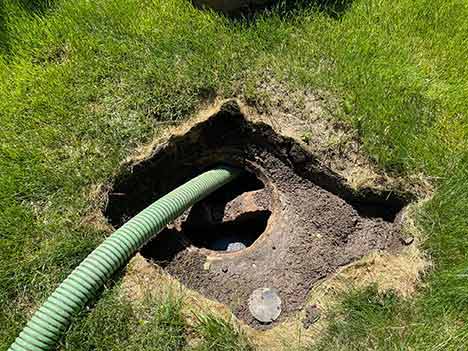Septic System Upkeep
Whether you’re a homeowner or a business owner, septic system upkeep is extremely important. Having a septic tank that’s in proper working order is essential to the proper functioning of your wastewater system, which means it’s important to have your septic tank pumped out on the regular. But how often should this be done?
The frequency of pumping depends on the size of your tank and the number of gallons it holds. Generally speaking, most tanks need to be pumped every three to five years, or when they become two-thirds full. Of course, if you’re a business owner, you may need to pump more often due to the amount of wastewater produced.
It’s important to note that having the septic tank pumped is not the same as having it cleaned. Cleaning involves removing the built-up sludge and solids that accumulate in the septic tank. However, pumping involves siphoning off the effluent, or liquid waste, without disturbing the sludge and solids.
Septic System Care
It’s also important to take good care of your septic system to avoid any unplanned breakdowns and costly repairs that could result from neglect. There are a few things you can do to keep the system in top shape:
• Minimize water usage. Be mindful of how much water you use and consider reducing the rate of water flowing into the tank. If you’ve done too much laundry in a single day, for instance, you can try spreading it out over a few days.
• Use natural cleaners. Avoid harsh or caustic cleaners, such as bleach, as these will damage your septic tank. Instead, use natural cleaners that are also effective at removing dirt and grime.
• Don’t flush anything other than human waste and toilet paper. Paper towels, baby wipes, plastic and metal objects, diapers and other materials should never be flushed down the toilet.
• Repair plumbing issues promptly. If you notice any plumbing issues, such as a leaky faucet or a clogged toilet, address them right away.
• Have your tank professionally inspected. Have an experienced septic service inspect the tank annually to make sure it’s functioning as it should. They’ll be able to identify any possible issues and suggest any necessary repairs.
Septic Tank Pumping Services
When it comes time to have your septic tank pumped, be sure to research your options ahead of time and find a reputable and reliable septic tank pumping company to complete the job. Ask around to get recommendations from friends and family and read online reviews to help you make an informed decision.
When the pumping is complete, the septic service provider should give you a detailed report on the tank’s condition, including any potential parts that may need replacing. Be sure to keep the report for future reference and to provide this information for potential buyers if you ever decide to sell your home.
When it comes to avoiding a big mess, having your septic tank pumped on a regular basis is essential. By following the steps outlined above, you can rest assured that you’re doing your part to ensure the proper functioning of your wastewater system and the safety of your family.



